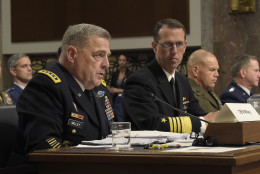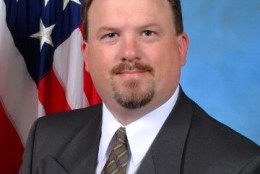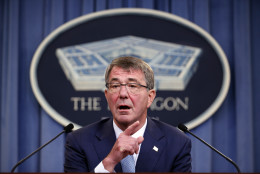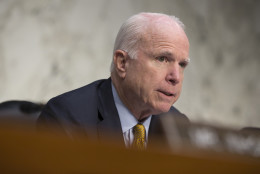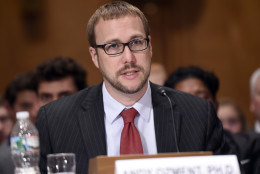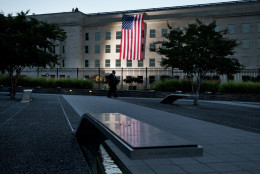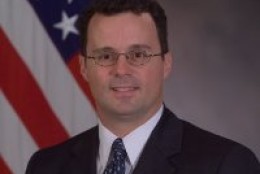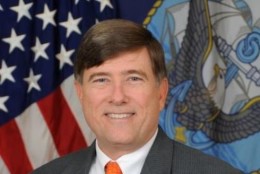Defense
-
Welcome to the #FedFeed, a daily collection of federal ephemera gathered from social media and presented for your enjoyment.
September 16, 2016 -
The Army is planning a pilot for common desktop environments next year.
September 16, 2016 -
DIUx is panning for diamonds. The Pentagon may not really need this elaborate apparatus.
September 16, 2016 -
The Government Accountability Office is not convinced that getting rid of a 40-year-old fighter jet is as good an idea as the Air Force seems to think.
September 16, 2016 -
The military service chiefs say continuing resolutions are keeping them from planning ahead and costing them money.
September 15, 2016 -
The American Federation of Government Employees, the largest federal employee union, has pushed for reversing per diem travel cuts for defense civilian employees in the final version of the bill.
September 15, 2016 -
Important lessons are being learned as the government takes tentative steps toward the cloud computing environment.
September 14, 2016 -
DoD's Defense Innovation Unit Experimental fell on hard times, but it could be hitting a resurgence.
September 14, 2016 -
The chairman of the Senate Armed Services Committee said Tuesday that he would block any effort by the Obama Administration to bifurcate the leadership of the National Security Agency and U.S. Cyber Command, saying the move would be premature and lacked any input from Congress.
September 14, 2016 -
No doubt about it. The Army has had success with robots in the last few years. For instance, robots have detected and disarmed roadside bombs. But you could characterize Army robotics as version 1.0. The next generation of robots must cost less. They've got to be more flexible and programmable. Easier to maintain. A big question is whether industry can deliver. Sandra Erwin, editor of National Defense magazine, joins the Federal Drive with Tom Temin with more.
September 13, 2016 -
Companies are now for the first time sharing cyber threat indicators with the Department of Homeland Security.
September 13, 2016 -
The Pentagon’s acting inspector general tells Congress budget shortfalls are to blame for delays in investigating whistleblower reprisal claims. Federal News Radio’s Jared Serbu reports on Pentagon Solutions that the investigations took an average of about 300 days last year — much longer than the guidelines in federal law.
September 12, 2016 -
A look back at the five- and 10- and 15-year ceremonies remembering the 184 people who died at the Pentagon on Sept. 11, 2001.
September 12, 2016 -
The Defense Department will release new guidance on systems security engineering, a more detailed way of explaining how and where to engineer security features into programs, in the near future.
September 09, 2016 -
Rob Foster, the Department of Navy’s chief information officer, released a new guidance to accept more certifications and qualifications from sailors, seamen and civilians instead of the one-size fits all approach.
September 09, 2016





